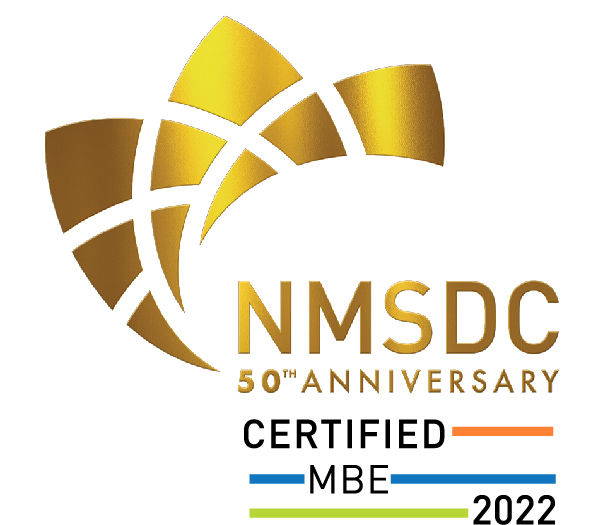The number of public records requests filed each year is on the rise, presenting a significant challenge for government agencies. One of the core obstacles faced by these agencies is the tight timing constraints imposed by laws governing these requests. Failure to meet these deadlines can result in severe consequences. To effectively manage these requests, agencies must augment their processes with people, processes, and technology. Some of the additional challenges include:
Volume of Requests: The high volume of requests can overwhelm agencies with limited resources. This includes staffing and technology, making it difficult to process requests efficiently.: The high volume of requests can overwhelm agencies with limited resources. This includes staffing and technology, making it difficult to process requests efficiently.
Resource Constraints: Limited budgets further compound the issue, hindering the ability of agencies to respond effectively to public requests.
Complexity of Data: Some requests involve extensive research and the retrieval of various data types, especially with new applications for communicating, making fulfillment time-consuming and resource-intensive.
Sensitive Information: Balancing transparency with privacy and national security concerns can be challenging. Agencies must redact or withhold certain information to comply with laws.
Lack of Standardization: Inconsistent record-keeping practices across agencies can lead to difficulties in locating and retrieving requested information.
Legal Compliance: Ensuring compliance with various public records laws requires agencies to navigate complex requirements, with failure leading to legal consequences.
Timeliness: Meeting deadlines for responding to requests is crucial to avoid legal repercussions and maintain public trust.
Public Relations and Accountability: Agencies risk negative public perception if they are perceived as unresponsive or withholding information.
Training and Awareness: Insufficient training and awareness among staff can contribute to inefficiencies in processing requests.
Technology Challenges: Outdated information management systems may impede the efficient retrieval and dissemination of records.
Technology Adoption: Some agencies struggle to adopt modern technologies for managing requests, hindering the process.
Litigation Risks: Disputes over the release or withholding of information can lead to litigation, adding complexity and risk.
In our new blog series out this week, you will learn that addressing these challenges requires improved technology, training for staff, standardized procedures, and a commitment to transparency. Collaborative efforts between government levels and stakeholders can also enhance responses to requests. By addressing these challenges, agencies can effectively manage the growing number of public records requests and while meeting customer service expectations.
By Rick Clark
About the Authors
Rick Clark is VP, Strategic Partnerships at CloudNine and has 20+ years of experience in forensics and eDiscovery. Focused on innovation and education, he co-founded ESI Analyst, now CloudNine Analyst, as well as Wave Software and the Master’s Conference.








Leave A Comment